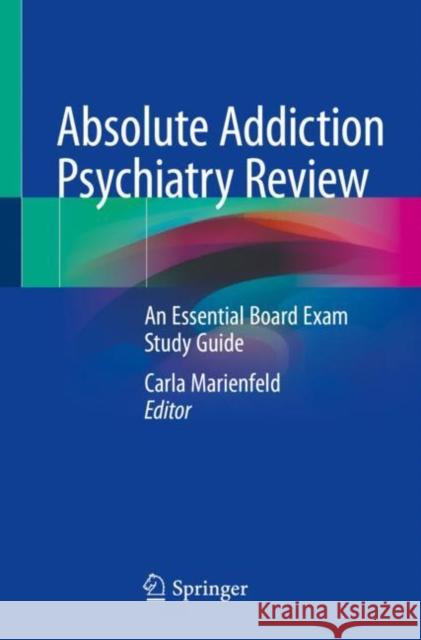Absolute Addiction Psychiatry Review: An Essential Board Exam Study Guide » książka
topmenu
Absolute Addiction Psychiatry Review: An Essential Board Exam Study Guide
ISBN-13: 9783030334062 / Angielski / Miękka / 2021 / 386 str.
Absolute Addiction Psychiatry Review: An Essential Board Exam Study Guide
ISBN-13: 9783030334062 / Angielski / Miękka / 2021 / 386 str.
cena 241,50
(netto: 230,00 VAT: 5%)
Najniższa cena z 30 dni: 231,29
(netto: 230,00 VAT: 5%)
Najniższa cena z 30 dni: 231,29
Termin realizacji zamówienia:
ok. 16-18 dni roboczych.
ok. 16-18 dni roboczych.
Darmowa dostawa!
Kategorie BISAC:
Wydawca:
Springer
Język:
Angielski
ISBN-13:
9783030334062
Rok wydania:
2021
Wydanie:
2020
Ilość stron:
386
Oprawa:
Miękka
Wolumenów:
01











